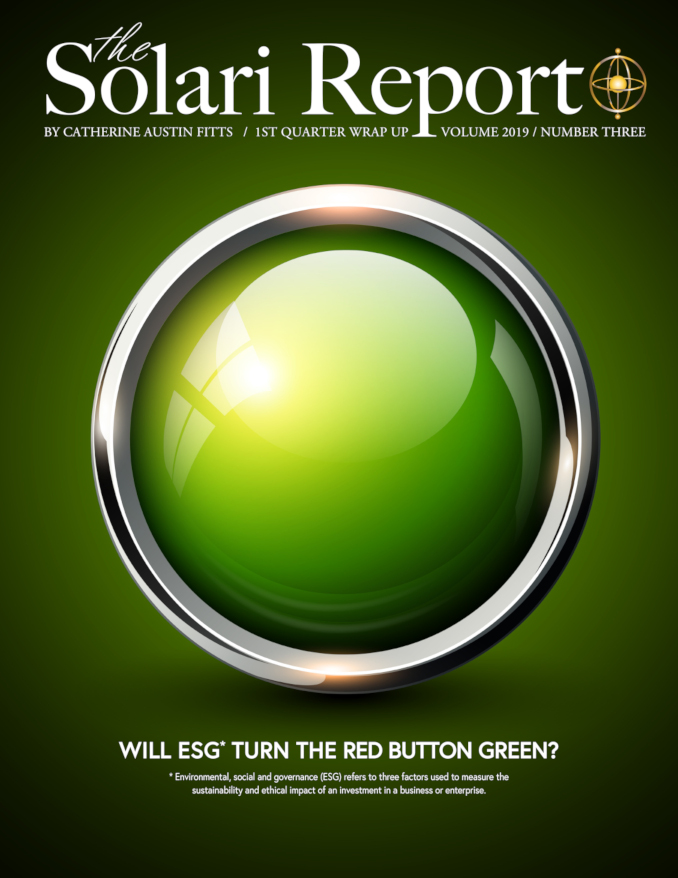
“Now we are aiming at Iran. The rumors in Washington (true or false we’ll soon know): around August we’ll be heading toward Iran from bases which are being established in eastern Afghanistan. That’ll be our next war. What nobody takes into account, since these people are as ignorant as any group that has ever governed the United States…they don’t know that Persia is one of the oldest and greatest cultures in the history of the Earth. They’re sitting on a sea of oil. They have worked out uranium deposits. They’ve worked out nuclear weapons. And if you get them grumpy, they’re going to drop them on us, and we the people are going to be killed, because they, the gas and oil lobby, will have their islands off Samoa. They’ll be taking trips when the bad days come, or maybe, dare I say it, they will be enjoying the rapture. But, then, I’m an optimist.” ~ Gore Vidal, 2005
By Catherine Austin Fitts
This coming week we begin our two-part publication of News Trends & Stories for the 1st Quarter 2019 Wrap Up. Dr. Joseph P. Farrell will join me for our analysis of what is happening in 2019—and where it is going. In Part I, we look at the 10 top stories in Economy & Financial Markets and Geopolitics:
Economy & Financial Markets:
- Story #1: Secret Books: Harvard, HUD, DOD, & U.S. Treasury Go Dark—The Pricing Mechanism Goes Dark, Too
- Story #2: U.S. Debt Spiral and Reserve Currency Pains
- Story #3: The Global Slowdown—Recession Looms
- Story #4: The Fed Backs Down
- Story #5: Monopolies Bite
Geopolitics:
- Story #6: Brexit: The Endless Agony
- Story #7: Technocracy and the Rise of Environmental Socialism
- Story #8: Censorship and Disinformation Explode
- Story #9: Oil Wars, Trade Wars, and the Rise of the Asian Consumer
- Story #10: Pushing for War—Secret Money for Secret Armies and War with Iran
As you listen, check out the News Trends & Stories section of the 1st Quarter 2019 Wrap Up web presentation, including our complete trends list, our choices for top news videos of the year, the Trump Report Card, and our headlines for the top stories.
In the week following, in News Trends & Stories, Part II, we will cover the 10 top stories in Culture, Science, Space & Technology, and Food & Health and will discuss Unanswered Questions, Inspiration, and Take Action.
In May, we will publish our 1st Quarter 2019 Wrap Up theme: Will ESG Turn the Red Button Green? ESG (environmental, social, and governance) refers to three factors used to measure the sustainability and ethical impact of an investment in a business or enterprise. The question is whether ESG will bring real change or just more whitewashing and technocracy—made possible by the secrecy delivered with the help of national security law FASAB 56, combined with trillions delivered to the military-industrial complex by taxes, the sovereign bond market, and privatization.
For those of you who don’t know the Red Button story, here it is:
Understanding the red button problem that our leadership is managing will help you follow the push to start a war with Iran, despite the opposition of most Americans.
In Let’s Go to the Movies, check out Defamation, a fascinating documentary by a charming young Israeli documentary filmmaker who decided to go on a global hunt for anti-Semitism. With the U.S. State Department now appointing a special envoy to eradicate anti-Semitism, Texas speech therapists losing their job because they decline to sign a pledge to never boycott Israel, and New York Orthodox Jewish communities opposed to Israeli government policies targeted by vaccine witch hunts, Defamation provides fascinating background on the logic behind the new State Department policy that anti-Zionism is now—abracadabra!—anti-Semitism.
This is the last week of the month—so no Money & Markets. Post your questions and story suggestions for the Money & Markets for the first week in May here.
Talk to you Thursday!









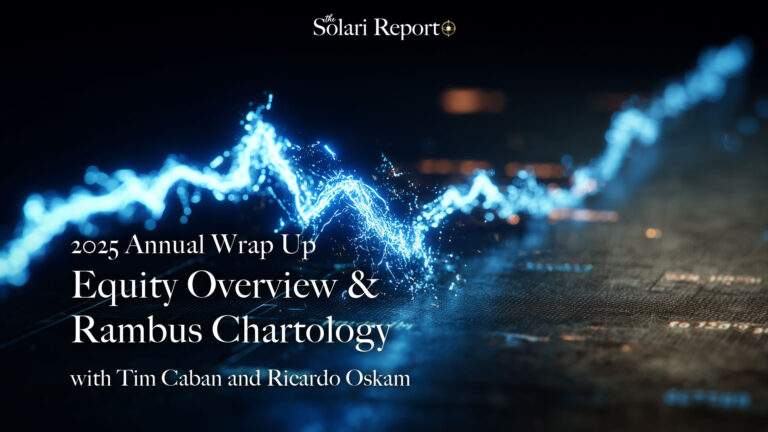
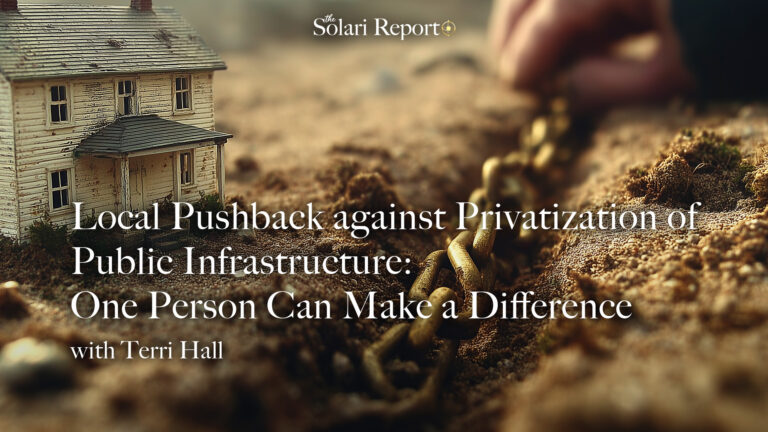


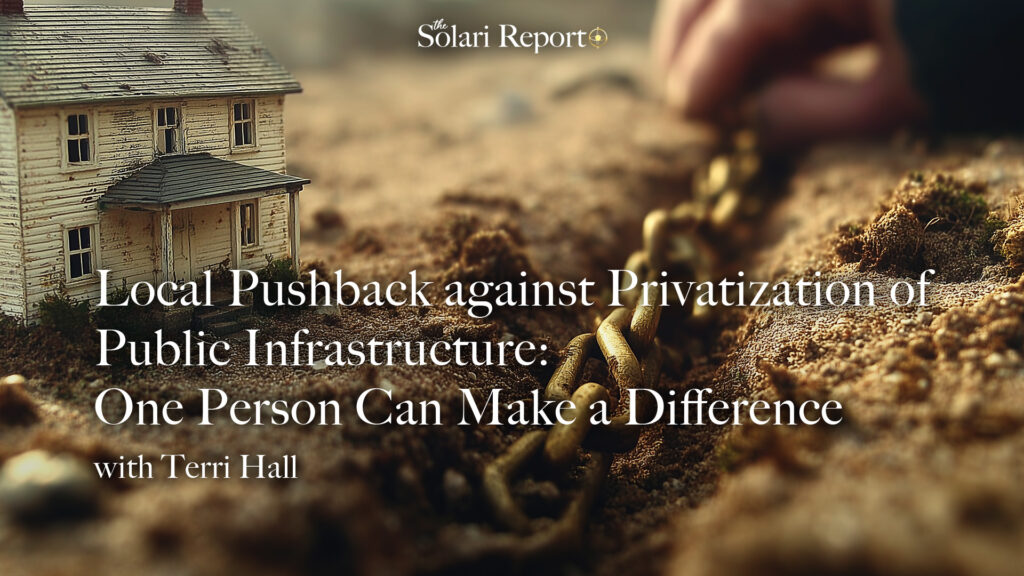














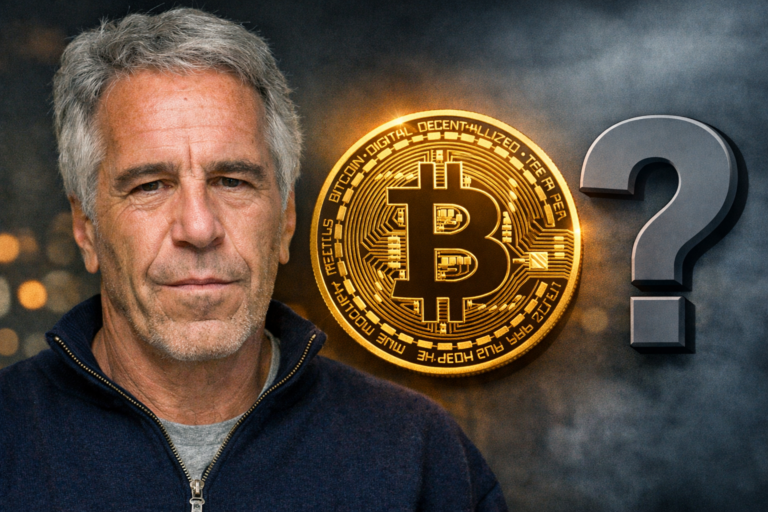
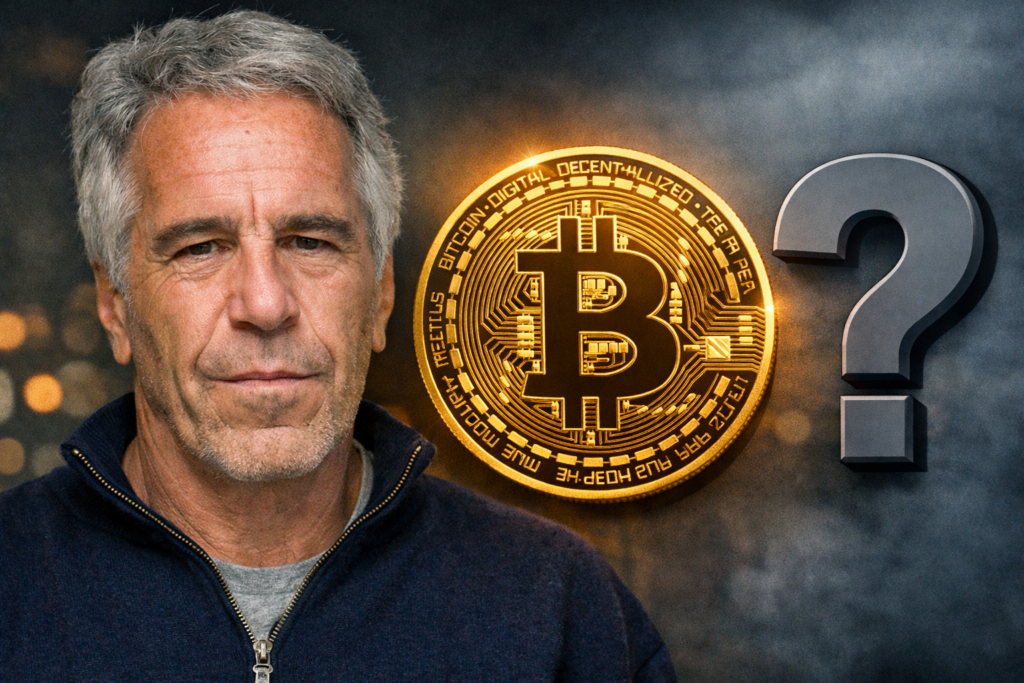





























































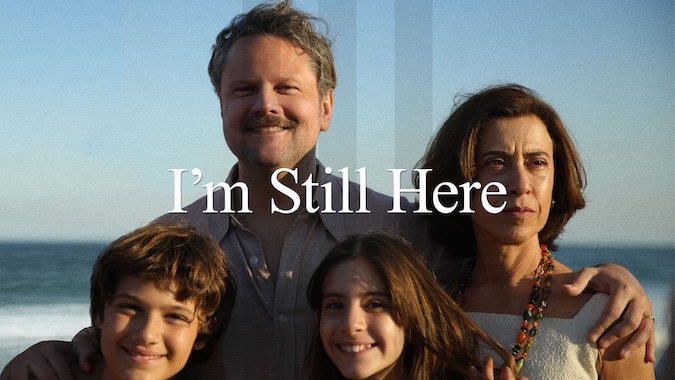


























Hi Catherine,
Thanks for another great quarterly wrap-up. Looking forward to the second half.
Minor but important point: speaking as someone who has been introduced to Indian culture intimately for five years, vis-a-vis an ex-girlfriend who was born and raised in England and moved with her Northern Indian family to California (her parents immigrated to England from India), I would have to say that Indian business ethics is very similar to Chinese business ethics (i.e. what ethics? Of course, this is a generalization with exceptions, but it’s a cultural observation.) In fact, according to a former professor of international business at San Francisco State University, in Indian culture “lying” is an accepted aspect of business transactions. Both cultures are very old with ridiculously high levels of competition for the simplest needs/wants, and *at the very least*, are the way they are because of their huge populations and limited resources.
The level of corruption and chaos in South and East Asia are beyond what North America has ever seen and certainly experienced… so trusting China is not wise but trust in India may not be much of a better option.
As a humorous take on this, here’s a clip from Indian-Canadian comedian Russell Peters on how Indians and Chinese can’t do business with each other (the first 5 minutes): https://www.youtube.com/watch?v=BwtVkvIMnIc
Point well taken. Thanks for pointing this out. Very much appreciated. Part of our challenge is that the G-7 cultures are having to trade and interact with cultures with very different standards. The flood of organized crime after the wall came down is a piece of it.
Exactly on the standards. I’ve found that especially in North America, things that we take for granted as true and “standard” are further deconstructed and not taken at all as a standard in Asia. Looking at Asia from a North American lens, a teacher has talked about “the tyranny of expectations,” though it’s meant as a challenge we all face in life, more generally.
Organized crime? Do you mean that organized crime from the former USSR and Eastern Bloc countries flooded South Asia and East Asia?
If so, it makes sense that that would be a piece of it. But my impression is that organized crime in both areas has been around for thousands of years, depending on how “organized crime” is defined.
Former USSR and Eastern Bloc flooded the networks into Israel and NY and Western Europe.
Hi Catherine,
Thanks for another great quarterly wrap-up. Looking forward to the second half.
Minor but important point: speaking as someone who has been introduced to Indian culture intimately for five years, vis-a-vis an ex-girlfriend who was born and raised in England and moved with her Northern Indian family to California (her parents immigrated to England from India), I would have to say that Indian business ethics is very similar to Chinese business ethics (i.e. what ethics? Of course, this is a generalization with exceptions, but it’s a cultural observation.) In fact, according to a former professor of international business at San Francisco State University, in Indian culture “lying” is an accepted aspect of business transactions. Both cultures are very old with ridiculously high levels of competition for the simplest needs/wants, and *at the very least*, are the way they are because of their huge populations and limited resources.
The level of corruption and chaos in South and East Asia are beyond what North America has ever seen and certainly experienced… so trusting China is not wise but trust in India may not be much of a better option.
As a humorous take on this, here’s a clip from Indian-Canadian comedian Russell Peters on how Indians and Chinese can’t do business with each other (the first 5 minutes): https://www.youtube.com/watch?v=BwtVkvIMnIc
Point well taken. Thanks for pointing this out. Very much appreciated. Part of our challenge is that the G-7 cultures are having to trade and interact with cultures with very different standards. The flood of organized crime after the wall came down is a piece of it.
Exactly on the standards. I’ve found that especially in North America, things that we take for granted as true and “standard” are further deconstructed and not taken at all as a standard in Asia. Looking at Asia from a North American lens, a teacher has talked about “the tyranny of expectations,” though it’s meant as a challenge we all face in life, more generally.
Organized crime? Do you mean that organized crime from the former USSR and Eastern Bloc countries flooded South Asia and East Asia?
If so, it makes sense that that would be a piece of it. But my impression is that organized crime in both areas has been around for thousands of years, depending on how “organized crime” is defined.
Former USSR and Eastern Bloc flooded the networks into Israel and NY and Western Europe.
Own the culture!
There was a marvelous book and television series (available on YouTube) by Sir Kenneth Clark back in the 1970s called “Civilisation”. Particularly poignant were his concluding remarks: https://www.youtube.com/watch?v=Mt-vqdgvsoo
…and of course… in the series, Episode 1 “The Skin of Our Teeth”, has Notre Dame Cathedral within the first 3 minutes. 🙁
Here’s the playlist link for all 13 Episodes.
“Civilization: A Personal View” by Kenneth Clark – 1969 Broadcast
https://www.youtube.com/playlist?list=PLt3Pke412qVciCdn0jVjBquUNS4ClEVYa
Imagine what he would say now.
How wonderful. He also quotes Yeats. Will post. Thanks.
Glad you liked it.
When Dr Farrell said that modern art is an attack on beauty, an attack on virtue, an attack on goodness, that reminded me of the inscription on the Frankfurt Opera House: “Dem Wahren Schoenen Guten” – (To the True, the Beautiful, the Good) – which has been the triad of Western philosophy since Plato.
https://browse.startpage.com/do/show_picture.pl?l=english&rais=1&oiu=https%3A%2F%2Fc8.alamy.com%2Fcomp%2FDH06H4%2Finscription-on-the-alte-oper-opera-dem-wahren-schoenen-guten-frankfurt-DH06H4.jpg&sp=608037e423eccff595d064eaf9b8d009&t=default
Own the culture!
There was a marvelous book and television series (available on YouTube) by Sir Kenneth Clark back in the 1970s called “Civilisation”. Particularly poignant were his concluding remarks: https://www.youtube.com/watch?v=Mt-vqdgvsoo
…and of course… in the series, Episode 1 “The Skin of Our Teeth”, has Notre Dame Cathedral within the first 3 minutes. 🙁
Here’s the playlist link for all 13 Episodes.
“Civilization: A Personal View” by Kenneth Clark – 1969 Broadcast
https://www.youtube.com/playlist?list=PLt3Pke412qVciCdn0jVjBquUNS4ClEVYa
Imagine what he would say now.
How wonderful. He also quotes Yeats. Will post. Thanks.
Glad you liked it.
When Dr Farrell said that modern art is an attack on beauty, an attack on virtue, an attack on goodness, that reminded me of the inscription on the Frankfurt Opera House: “Dem Wahren Schoenen Guten” – (To the True, the Beautiful, the Good) – which has been the triad of Western philosophy since Plato.
https://browse.startpage.com/do/show_picture.pl?l=english&rais=1&oiu=https://c8.alamy.com/comp/DH06H4/inscription-on-the-alte-oper-opera-dem-wahren-schoenen-guten-frankfurt-DH06H4.jpg&sp=608037e423eccff595d064eaf9b8d009&t=default
Catherine
You may have an interest in this youtube as it discusses the background of Plato and paints a picture of the individual. Yes, it is over 4 hours, but listen for several minutes as it may help as you read Plato’s many books.
https://www.youtube.com/watch?v=b4KDxvz5D30
Good one for the next drive!
Catherine
You may have an interest in this youtube as it discusses the background of Plato and paints a picture of the individual. Yes, it is over 4 hours, but listen for several minutes as it may help as you read Plato’s many books.
https://www.youtube.com/watch?v=b4KDxvz5D30
Good one for the next drive!
As always an entertaining exchange. I do have a couple dissenting remarks, however:
While I agree with the premise that culture is the essence of civilization, I fault the suggestion that only so-called ‘high’ culture is worthy. There is much to American civilization that is being lost and the majority of it is of a quotidian nature. Consider the Boy Scout Law: A scout is Trustworthy, Loyal, Helpful, Friendly, Courteous, Kind, Obedient, Cheerful, Thrifty, Brave, Clean, and Reverent. Who among us could say they exemplify all of these? The virtue of patriotism is another example. (I will not claim that our government has not been the direct cause and deserving price-payer for the general decline of it in the US.) Another is the once proud quality of ‘Yankee Ingenuity’ –the one where Americans would do as the Marines profess: improvise, adapt, overcome. Now it’s more like buy, discard, complain. In the Kurt Vonnegut, Jr. novel Player Piano, one scene had a technologically displaced worker (this was written in the 1950’s) resourcefully replacing an automobile’s failed fuel pump diaphragm with a hand-fashioned piece of leather cut from his cap. The narrator marveled that this capacity should be useless because of labor-saving devices, yet even then noted that “If you can do a half-assed job of anything, you’re a one-eyed man in a kingdom of the blind.” In Brave New World, Huxley offered the nefarious dystopian motto “Ending is better than mending” to encourage consumerism. How true are these visions today? And not a single one of our notably disappearing societal traits requires the slightest knowledge of, nor ability with, artist’s brushes or a musical staff.
Next, I come to the perhaps more controversial matter of Trump and what he may or may not be doing with Netanyahu, the Bush family or Iran. In The Lord of the Rings, it fell to Frodo to carry the treacherous One Ring to Rule Them All to its destruction, and he had to do it despite his own weaknesses and doubts, knowing it was he alone with the mission, however unlikely he was to have been selected. Not everything looked great throughout the arduous journey, and he had to be in league with the hideous and unreliable Gollum for a time, despite the hazards of his associations. Think of The One Ring as The Deep State. Think of Gollum as one of Trump-Frodo’s less-savory allies. Temporary alliances should not be overlooked as valid steps on a path, however risky they might be. Certainly the president can be questioned, second-guessed and exhorted, and I would deplore anything resembling a shooting war whether in Iran or anyplace else where we have been long-term miscreants. But I think we probably need to still extend him the benefit of the doubt until he proves, rather than appears, to be unworthy of our trust.
I voted for him. If he and Clinton were running again today, I would give him money and vote for him again. However FASAB 56 is THE WORST THING YET. The single largest increase in swamp power ever. You need to look that in the eye, John.
Meantime, I agree that great culture is not all high culture. One of the reasons we won WWII is our boys could all fix the tanks themselves. When my uncle was a young boy, he and his best friend took a car apart and put it back together again one summer. IMO, beats staring at a screen.
I find FASAB 56 a terrible formalization of what has been the de facto mode of government operation for a long time. My hope is that the current presidency will declassify a lot of things, opening up a lot of questions about the funding of the previously unacknowledged hardware and activities. The mafia always keeps careful accounting, but lies in the entries themselves.
I have been reading Paul Williams book on Operation Gladio. A good history for understanding how to got this bad. Why you are right that it has been going on for some time, FASAB 56 paves the way for major asset stripping and mercenary funding on a whole new level.
It does look bad, but who knows? FASAB 56 could be a way to avoid prosecuting the wrong people along with the right ones. I think there is a way out of it by way of declassification. Meanwhile, that sounds like a good book. You may also be interested in this one “The Coup: 1953, The CIA, and The Roots of Modern U.S.-Iranian Relations,” by Ervand Abrahamian. Very topical, and runs parallel and concurrent with our early mischief in French-occupied Vietnam the way L. Fletcher Prouty casts it. Both were strategically disastrous CIA “nation building” operations. You and Joseph spoke once more of entropic forces and as I have alluded to previously, those forces are bound to let the cat out of the bag, no matter how much energy is put into the coverup.
Yup. Agreed. 🙂
I started with complete works of Plato, Aquinas and Aristotle.
Will look for lists and curriculum.